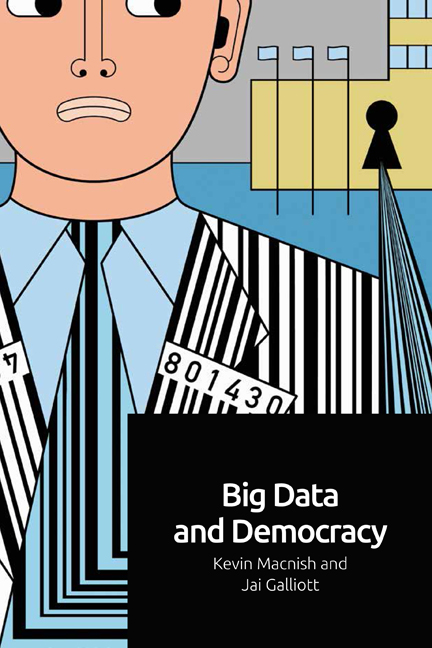Seven - Gated Communities of the Digitised Mind
Published online by Cambridge University Press: 17 October 2020
Summary
Introduction
Web services and sites increasingly filter and adapt their content to the individual user. Prior to this project, the research on echo chambers and filter bubbles failed to answer an elusively simple question: are the worlds viewed online by people of different political convictions and/or affiliations notably different from one another, and, if yes, what are the implications for deliberative democracy?
In this chapter, I summarise the research, and the results of the Gated Communities of the Digitised Mind project, exploring further the state of contemporary digital societies in the light of current developments in social media and politics. First, the discussion about echo chambers and filter bubbles is situated in the broader fields of political science and media studies. Secondly, these central concepts and their origins are detailed, and the extant literature on them reviewed. Thirdly, the study carried out to build more knowledge about echo chambers, filter bubbles and their effects on societies is summarised. Then, as a tool to interpret the results and what they imply about current societies, the concept of gated communities of the digitised mind is proposed. This leads into an exploration of the implications of the results for would-be deliberative democracies. Finally, possible answers to what could be done to counter these effects are considered, as are the effects on societies.
Structures of the Online Realm
At the beginning of this millennium, the Internet was starting to penetrate the life-worlds of more and more individuals, particularly in Western societies. As a result, scholars of different creeds and breeds were starting to ponder what this new medium, this new digital ‘Cyberspace’ (Barlow 1996), meant for individuals and societies. An early entry that would come to shape this debate was the 2001 book by Cass R. Sunstein, Republic.com. Sunstein (2007) was perhaps the first academic to voice concerns about the implications of online ‘echo chambers ‘ for the digitised individuals and societies in which he is situated, and sees in the future. As Sunstein presents it, users embedded in an ideal-typical echo chamber will see and interact only with content that originates from and/or targets users inhabiting the same metaphysical social space as themselves. Echo chambers are perhaps best exemplified to the contemporary audience by Facebook groups devoted to a particular cause or opinion.
- Type
- Chapter
- Information
- Big Data and Democracy , pp. 104 - 118Publisher: Edinburgh University PressPrint publication year: 2020



